Description
Creative Interventions in Motor Control & Learning: Promoting Posture, Movement, & Fine Motor Skills – Barbara Natell
This course will guide clinicians through the development of treatment approaches that integrate multiple perspectives of motor control and learning. The three major factors of motor learning – environmental conditions, cognitive processes, and movement organization through multisensory integration – will be applied to guide motor learning techniques. Design interventions that use the evidence to support greater retention and learning that is realized by patients as enhanced functional mobility. Hands-on experiences will allow you to collaborate on development of effective, holistic interventions that promote optimal function and skills.
- Summarize between changes in motor skill performance and motor learning
- Discuss the strengths, limitations, and clinical implications of motor control and learning theories
- Explore current evidence related to motor control and learning and identify key parameters that can influence therapeutic outcomes
- Assess conditions of individuals, tasks, or of contexts that interfere with performance related to postural stability, mobility, and fine motor skills
- Design environments, contexts, and strategies for communication and physical handling to best facilitate optimal motor learning across a functional continuum
DEFINE MOTOR CONTROL AND MOTOR LEARNING
EVOLUTION OF THEORIES OF MOTOR CONTROL
- Reflex integration
- Hierarchical Theory
- Motor Programming Theories
- Systems Theory
- Dynamical Action Theory
- Ecological Theory
ADDRESSING FACTORS INFLUENCING THE HABILITATION AND REHABILITATION OF MOTOR CONTROL ALONG A FUNCTIONAL CONTINUUM
- The Individual
- Action
- Degrees of freedom problem
- Phase shifts
- Feedback and feedforward mechanisms
- Neuromuscular, musculoskeletal, and cardiopulmonary
- Motor maps and plasticity
- Lab: Physical handling techniques to promote stability, mobility, and fine motor skills
- Perception
- Integration of the senses and development of mindfulness
- Body image, body scheme, and position in space
- Emotion and the development of “flow”
- Lab: Design interventions to facilitate increased awareness of body scheme, the orienting response, and awareness of the spatial envelope
- Cognition
- Intention, attention, anticipation
- Timing and rhythm
- Effects of mental practice
- Lab: Using music and rhythm to influence enhanced motor control
- Action
- The Task: Activity analysis along a functional continuum
- Mobility
- Stability
- Fine motor control
- The Environment
- Control parameters
- Grading regulatory and non-regulatory factors
- Effects of natural environments
- Lab: Developing strategies for a client-centered environment integrating theoretical perspectives
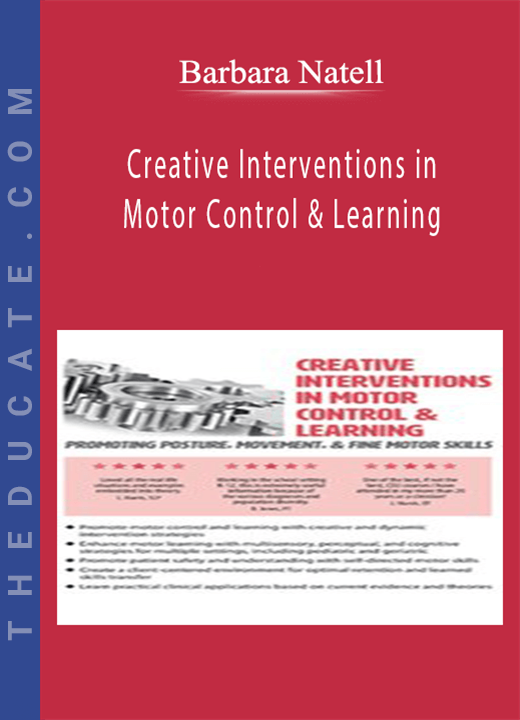


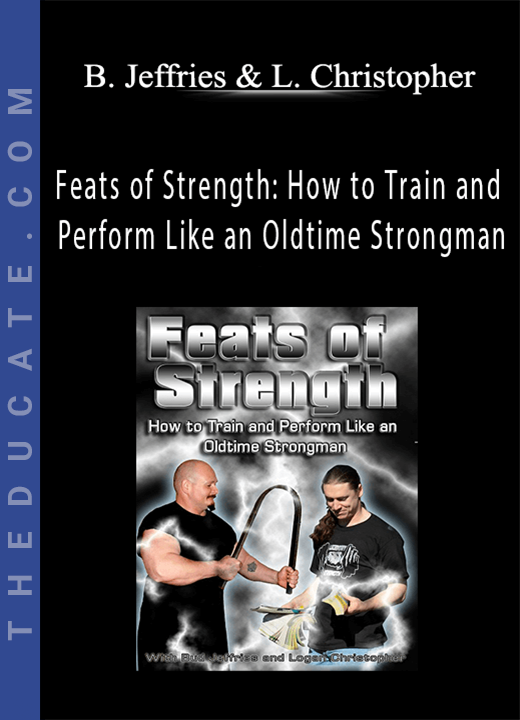
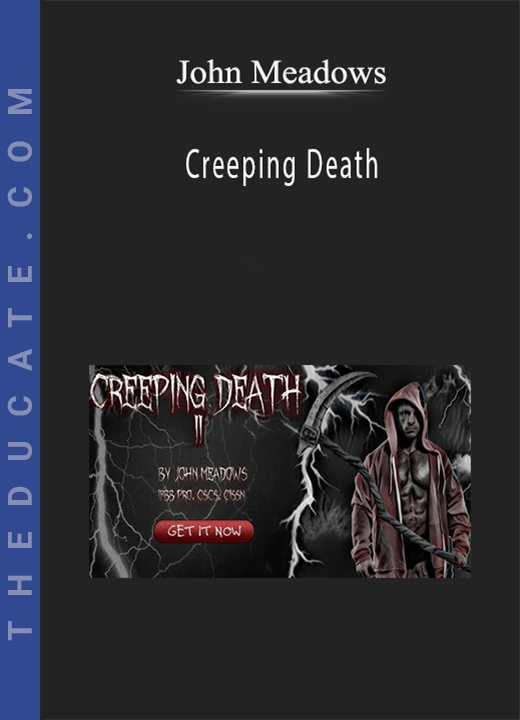
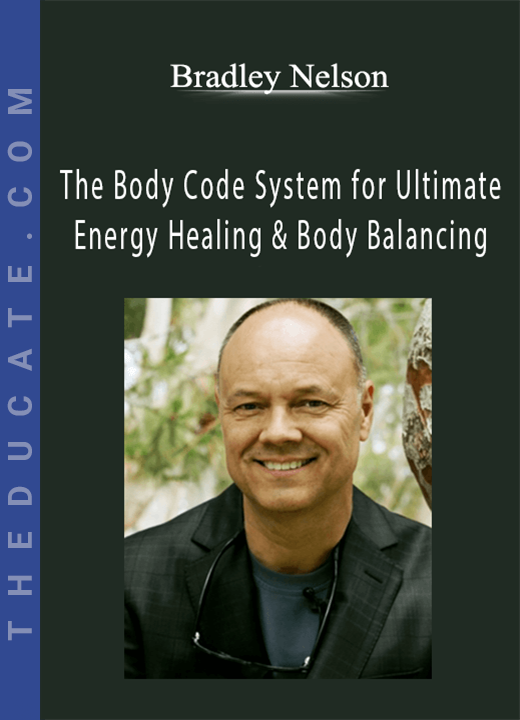
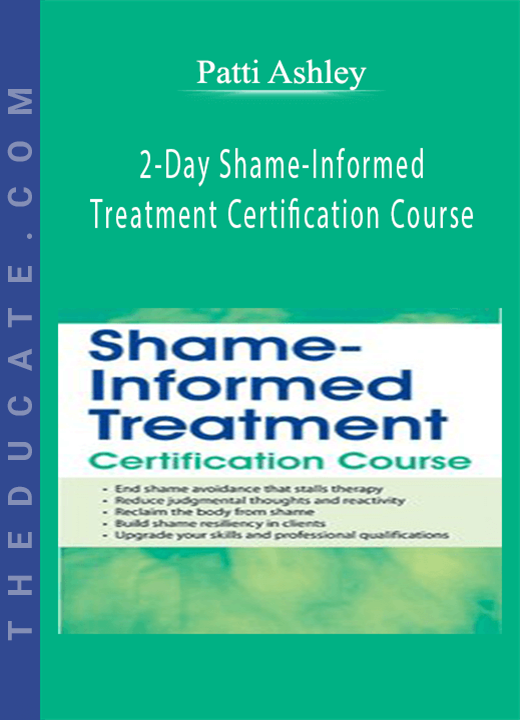
12 reviews for Creative Interventions in Motor Control & Learning: Promoting Posture, Movement, & Fine Motor Skills – Barbara Natell
There are no reviews yet.